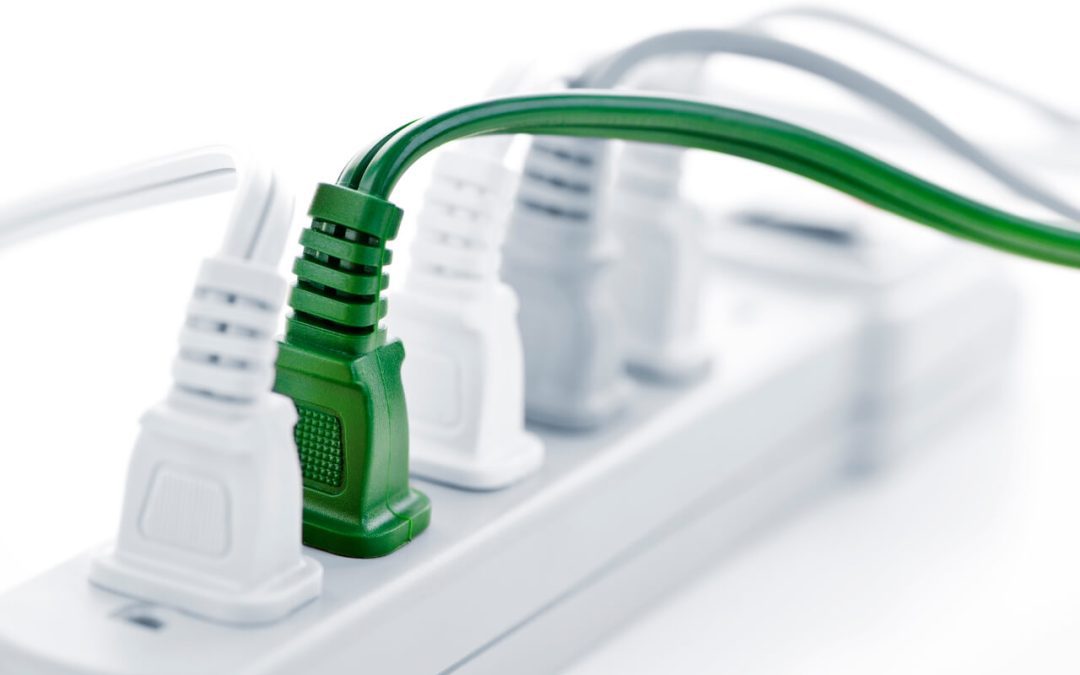Electricity is an indispensable part of modern living, powering our homes and making our lives more convenient. However, it’s essential to understand that electricity, if mishandled, can pose serious risks. As a homeowner, ensuring electrical safety should be a top priority to protect your property, loved ones, and yourself. This article provides valuable insights and practical electrical safety tips to help homeowners create a safer home.
1. Electrical Safety for Homeowners: Understanding the Basics
Before delving into safety measures, it’s crucial to have a basic understanding of your home’s electrical system. Familiarize yourself with the location of the main circuit breaker or fuse box, and know which breakers control specific areas of your home. If in doubt, label the breakers accordingly for easy identification.
2. Regular Inspections
Performing regular electrical inspections can help identify potential issues before they become hazards. Look for wear and tear, exposed wires, or discoloration around outlets and switches. Pay attention to flickering lights, frequent tripped circuit breakers, or a burning smell, as these can indicate underlying electrical problems.
3. Hire a Qualified Electrician
While DIY projects can be rewarding, electrical work is best left to trained professionals. Hiring a licensed electrician for installations, repairs, and inspections ensures that the work is done safely and up to code. Attempting to handle electrical issues without the proper knowledge and skills can lead to accidents and pose serious risks.
4. Overloading Prevention
Overloading electrical circuits is a common cause of fires. Avoid overloading outlets and power strips, and be mindful of the appliances you connect to a single circuit. Distribute electrical loads evenly across various outlets and consider installing additional circuits if needed.
5. Proper Use of Extension Cords
Extension cords are convenient for reaching distant outlets but should not be used as permanent wiring. Avoid daisy-chaining multiple extension cords together, as this increases the risk of overheating and fire. Instead, use extension cords temporarily and invest in additional outlets if needed.
6. Childproofing Outlets
If you have young children, it’s essential to childproof electrical outlets to prevent accidents. Install tamper-resistant outlets with built-in safety features to protect against electrical shocks. Additionally, use outlet covers or plugs to block unused outlets.
7. Outdoor Electrical Safety
Outdoor electrical systems require special attention. Ensure that all outdoor outlets and appliances are weatherproof and protected from the elements. Use outdoor extension cords for yard work, and never run electrical cords through water, puddles, or snow.
8. Educate Family Members About Electrical Safety
Educate all members of your household about electrical safety practices. Emphasize the importance of not overloading circuits, unplugging appliances when not in use, and avoiding contact with electrical outlets and appliances with wet hands.
Prioritizing electrical safety is essential for homeowners to create a secure living environment. By understanding the basics of your home’s electrical system, conducting regular inspections, hiring professionals when needed, and implementing preventive measures, you can significantly reduce the risks associated with electrical hazards. Remember, a little caution goes a long way in keeping your home shock-free and your loved ones safe.
InspectPro provides home inspections in Raleigh-Durham and the surrounding areas of North Carolina. Contact us to schedule our services.

